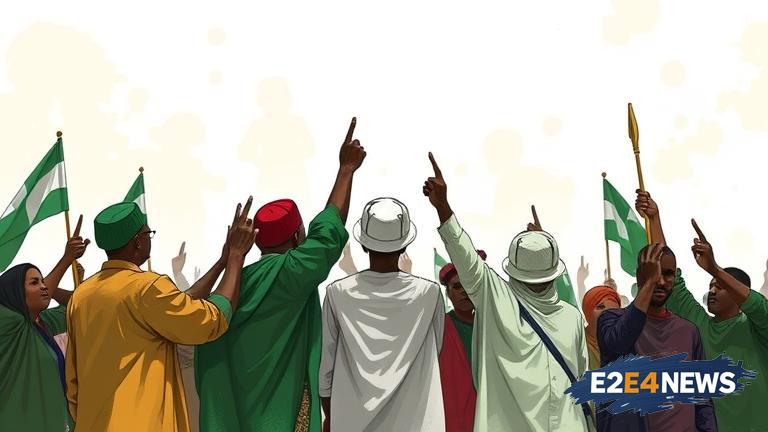The African Democratic Congress (ADC), a prominent political party in Nigeria, has been at the center of discussions regarding its structural composition and the influence of coalition parties. Recently, a statement was issued by Abdullahi, a figure within the party, addressing concerns about the potential takeover of ADC structures by leaders of coalition parties. According to Abdullahi, there are no plans for coalition party leaders to assume control of ADC’s organizational framework. This clarification comes as a response to speculations and rumors circulating within the political sphere. The ADC has been working towards strengthening its position in the Nigerian political landscape through strategic alliances and coalitions. However, the party’s leadership has emphasized the importance of maintaining its autonomy and decision-making authority. The statement by Abdullahi aims to reassure party members and supporters that the ADC remains committed to its core values and principles. Despite the reassurance, the situation highlights the complexities and challenges associated with political alliances and coalitions in Nigeria. The country’s political environment is characterized by a multitude of parties, each with its own agenda and aspirations. The ADC, like other parties, must navigate this complex landscape while balancing the interests of its members and the demands of its coalition partners. The role of coalition parties in Nigerian politics is significant, as they often provide crucial support and resources to smaller parties. Nevertheless, the issue of control and influence remains a sensitive topic, with parties seeking to maintain their independence while benefiting from collaborative efforts. In the context of the ADC, the clarification provided by Abdullahi serves as a reminder of the party’s commitment to its founding principles and its determination to forge its own path in Nigerian politics. The development also underscores the need for transparency and open communication within political parties, especially when navigating the intricacies of coalition building. As the Nigerian political scene continues to evolve, the ADC and other parties must adapt to changing circumstances while remaining true to their core ideologies. The statement by Abdullahi has been seen as a positive step towards addressing concerns and reassuring stakeholders about the party’s direction. However, the situation also highlights the ongoing challenges faced by political parties in Nigeria, including the need to balance competing interests and maintain a strong, unified front. In conclusion, the ADC’s position on coalition parties and their role in the party’s structure reflects the broader complexities of Nigerian politics, where parties must navigate a delicate balance of power, influence, and autonomy.
